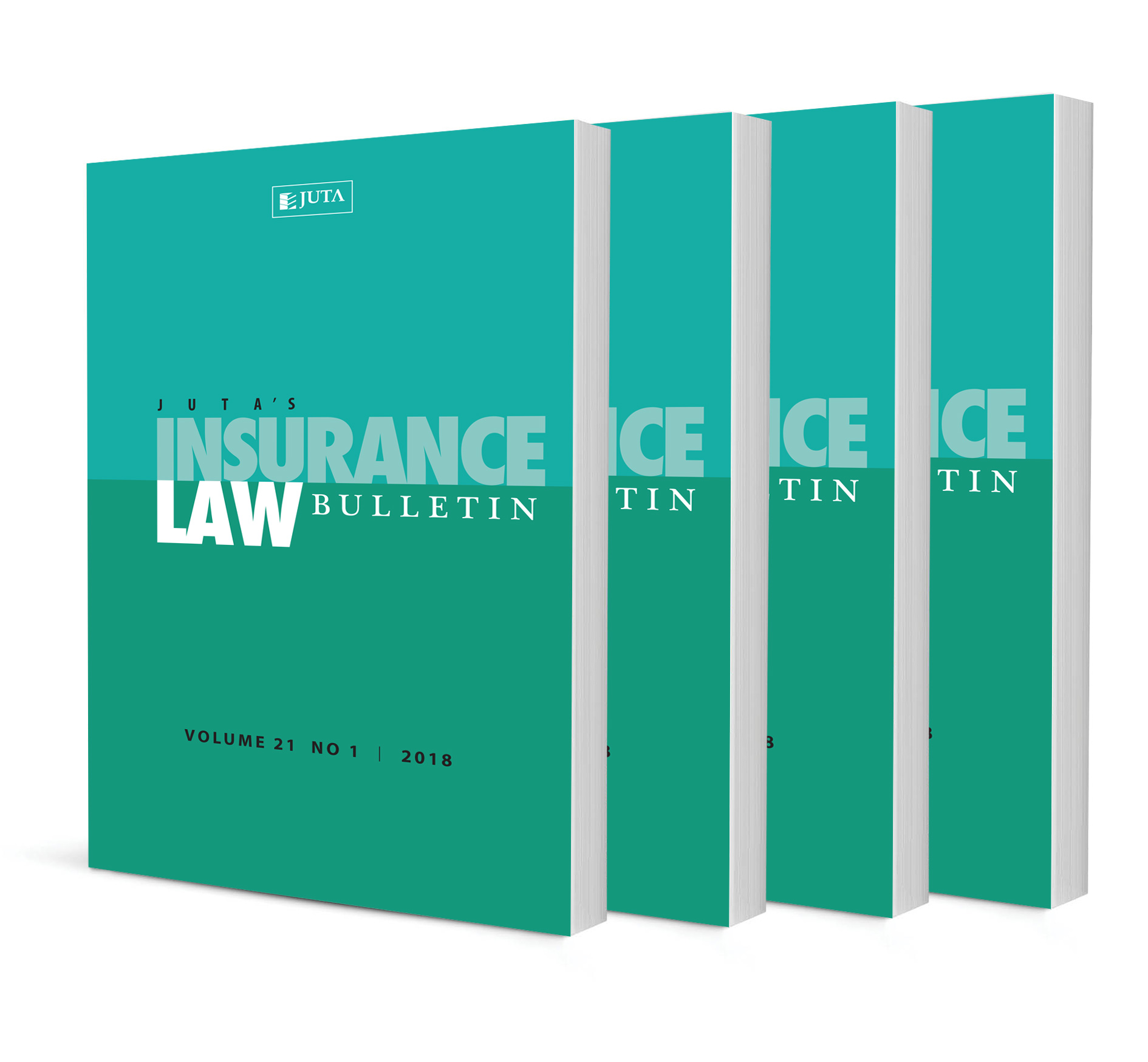Boekbesprekings: J Neethling and JM Potgieter: Law of Delict

Boekbesprekings: J Neethling and JM Potgieter: Law of Delict
Author: Johan Scott
ISSN: 1996-2207
Affiliations: University of South Africa
Source: Tydskrif vir die Suid-Afrikaanse Reg, Issue 4, 2023, p. 846 – 848
https://doi.org/10.47348/TSAR/2023/i4a14
Abstract
None
